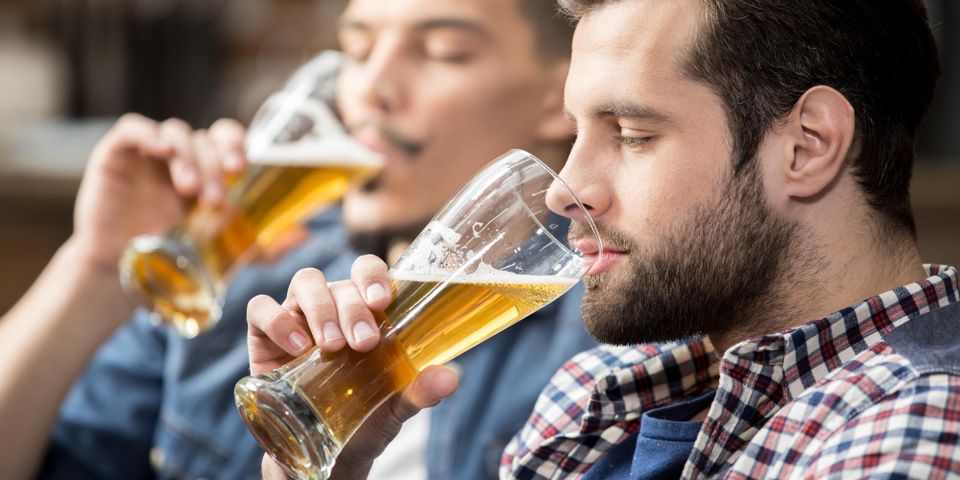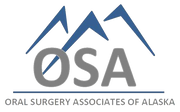Your Guide to Alcohol’s Effects on Oral Health

Alcohol is a widely accepted way to unwind, but it can have negative effects on your oral health. In extreme cases, it increases your risk of severe dental ailments like gum disease and cancer that require oral surgery. Learn more about how alcohol affects your oral health so you know how to reduce your risk.
General Oral Health
Even in moderation, alcohol can damage oral health. Alcohol’s acidity contributes to enamel erosion, increasing your risk for cavities, sensitivity, and discoloration. It also leads to dry mouth and dehydration. Since your saliva contains bacteria-fighting properties, this further increases the risk of cavities and tartar accumulation.
Those who drink regularly and in high amounts are more likely to have dental decay, periodontal disease, and mouth sores than those who don’t. Decay and gum disease are two of the leading causes of teeth extraction in dentistry. Severe cases of gum disease can require oral surgery like gum grafting. At the very least, alcohol consumption is likely to increase your cosmetic dental care needs as the enamel erodes and the teeth become stained.
Oral Cancer
 Excessive alcohol abuse as defined by the CDC is a woman drinking more than eight alcoholic beverages a week or a man drinking fifteen in a week. Drinking this much not only increases your risk for dental concerns like those discussed above but also oral cancer.
Excessive alcohol abuse as defined by the CDC is a woman drinking more than eight alcoholic beverages a week or a man drinking fifteen in a week. Drinking this much not only increases your risk for dental concerns like those discussed above but also oral cancer.
Alcohol is broken down by the body into carcinogenic substances, which damage DNA, leading to cancerous growth. It also prevents your body from absorbing the nutrients it needs, including vitamins A, B-complex, C, D, and E.
Treatment options for oral cancer vary depending on the type and stage but can include oral surgery, chemotherapy, radiation, immunotherapy, and palliative care.
Has alcohol impacted your oral health? Reach out to Oral Surgery Associates of Alaska in Anchorage. Their cutting-edge I-CAT machine offers incredibly accurate 3D diagnostic imaging to identify diseases like oral cancer, and their pathology services will identify any unusual sores, growths, or patches in your mouth. Learn more about their services online, and call (907) 561-1430 to schedule a consultation.
About the Business
Have a question? Ask the experts!
Send your question

